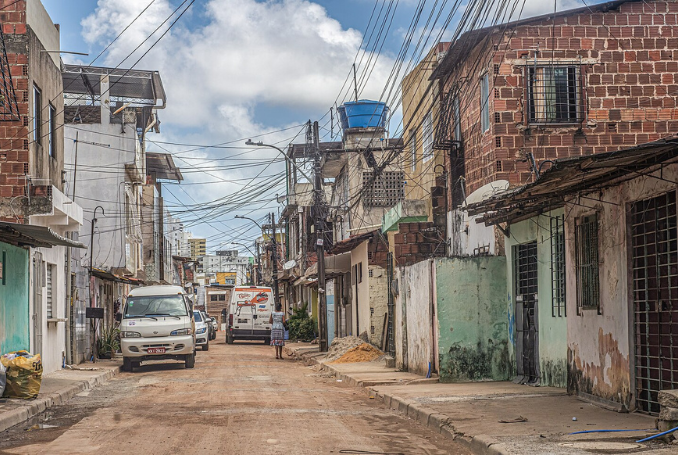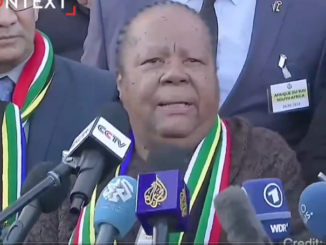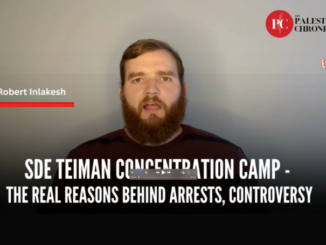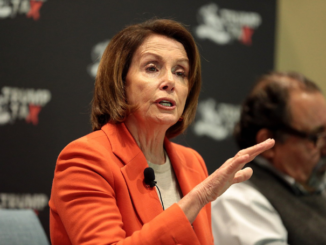
Palestine and Brazil are more similar than we think. True, each struggle has its own particularities, but the similarities are many.
An old Chinese proverb says that he who does not fear being cut into a thousand pieces defies the emperor. This proverb, in its simplicity, explains very well what Palestinian boldness and bravery mean in challenging the Zionist state of Israel, but also those who directly sponsor it, mainly US imperialism.
The oppressed peoples of the world are watching this new chapter in history with great expectations, in terms of outcomes, but also admiration for the Palestinians.
The struggle in Palestine started over a century ago, but the natives of Palestinains have managed to demonstrate that no reactionary army in the world is invincible. True, Resistance, even if it takes decades, should always prevail.
This is how we view the war on Gaza, from Brazil, as I am sure millions of people of many nations view it from their own respective regions: Israel, representing a brutal Nazi-inspired apartheid regime, committing the greatest crimes against humanity being challenged by oppressed Palestinians, rising from the ruins of their cities and fighting despite the inferiority of their weapons. Their main weapon is the righteousness of their cause.
In one of numerous inspiring scenes in Gaza, graffiti was found amidst the rubble that read “We promise, we will rebuild it”. This brought to mind another profound statement from Brazil made in 2022.
Peasants in the north of Brazil, led by the League of Poor Peasants, faced major battles against a military siege by landowners and state repression forces. Three thousand men were mobilized to try to contain the struggle for land. Yet, they failed.
Before a final ambush, as the peasants prepared an escape route, they hung a banner that read “We will return stronger and better prepared”. In fact, they came back, one by one, as they promised.
Palestine does not exist in the collective mind of oppressed people in Brazil as a new item. It is a common struggle.
In the favelas of Rio de Janeiro, the Gaza Strip is known by the impoverished masses as a place of struggle between a brutal invader and a noble Resistance.
Sadly, even in Brazil, there are Israeli military vehicles. In the favelas, they have been nicknamed “Caveirão” – the vehicles of death.
Scenes like the ones often seen of Israelis using Palestinian civilians as human shields are repeated here too. Unfortunately, there are no cameras to capture these terrifying moments.
Even the weapons used to murder poor Brazilians – peasants, indigenous people, or slum dwellers – have all been ‘combat proven’, a reference to the fact that they were used by the Israeli army against our brethren in Gaza and the rest of Palestine.
Even the ‘right of return’, for Palestine, has a Brazilian equivalent. Yes, we Brazilians have our own version of the Nakba, where we have been made strangers to our own land. Settler colonialism follows the same modus operandi everywhere.
Even our schools, spaces that we fight to be more democratic, implement Israeli facial recognition systems which are used in the genocide of our Palestinian brothers. According to this system, our young people, who are as angry at the Brazilian state as Palestinian youth are at the state of Israel – and their own traitorous Palestinian Authority – are considered a threat.
This is why Brazilian peasants proudly claim that they are the ‘Palestinians of Brazil’. Indeed they are. The young favela dwellers, who live under a system of siege and apartheid see each favela as a microcosm of Gaza, or as a Brazilian equivalent of a Palestinian refugee camp.
This is precisely why they look up to the resistance of the Palestinian people as their living inspiration to fight for justice in Brazil.
Palestine and Brazil are more similar than we think. True, each struggle has its own particularities, but the similarities are many. Together, they seek the kind of victory that will eventually emancipate humanity from all forms of oppression.

– Ana Nascimento is a journalist and political commentator for the Brazilian newspaper A Nova Democracia. She is also a master’s researcher in Sociology and Anthropology at the Federal University of Rio de Janeiro, focusing on technology, surveillance, and urban violence. She contributed this article to The Palestine Chronicle









Não dá para citar o Brasil, sem mencionar o Partido da Causa Operária o pioneiro na luta em prol da Palestina que continua atuante contra tudo e contra todo sionismo vigente no Brasil. E não dá para esconder a vdd que tanto a PM quanto o tráfico de drogas compram armas de Israel e que o Complexo de Israel no Rio de Janeiro está manipulando os moradores a se converterem para o judaismo. Há algo estranha no ar.
Em suma, acho que falar do Brasil sem enaltecer o trabalho do PCO é uma falta de senso.
hahahahahaha amore?